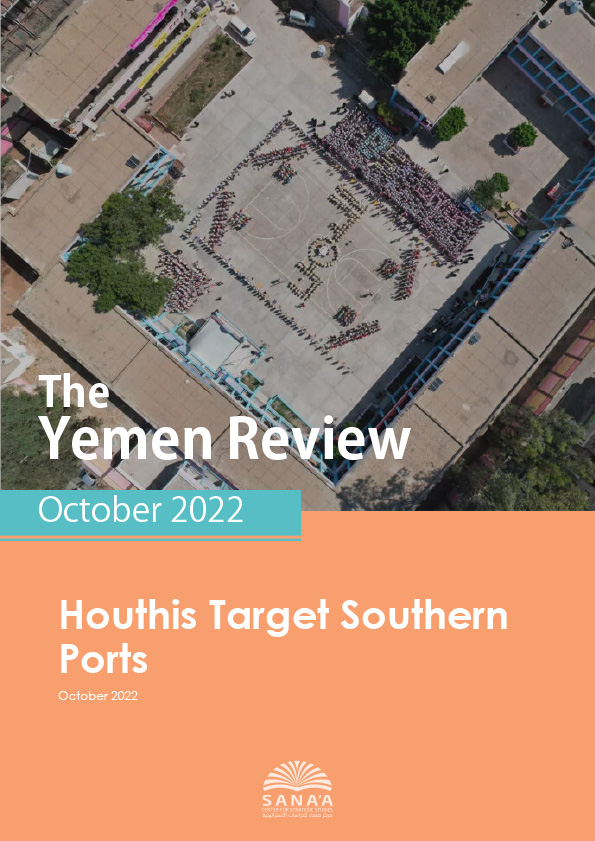The UN-backed truce between the Houthi movement and the internationally recognized government was allowed to expire on October 2. Efforts to secure its further extension failed following a last-minute demand by Houthi negotiators to add military and security personnel to a payroll of public sector employees. The breakdown of the talks was followed by mutual recriminations, even as Saudi Arabia and the Houthis exchanged delegations on October 14, ostensibly to visit prisoners of war and discuss an exchange.
Later in the month, the Houthis targeted two oil ports on Yemen’s southern coast with drones, striking the port of Nushayma in Shabwa on October 18-19 and the port of Al-Dabba in Hadramawt on October 21. The drone attacks followed warnings by senior Houthi official Mahdi al-Mashat that foreign energy companies were “looting Yemen’s sovereign wealth” and should cease operations. Though the facilities were undamaged, the attacks have disrupted exports as foreign ships stay away from Yemen’s coast. On October 31, Canadian oil producer Calvalley Petroleum Ltd. announced a suspension of oil production at Block 9 in Hadramawt due to the “current extremely challenging situation” and a lack of oil storage capacity.
In response to the Houthi drone attacks, the government’s National Defense Council officially designated the Houthi movement a terrorist organization on October 23. It is unclear what ramifications the designation will have, as the government currently lacks a mechanism with which to enforce compliance. Saudi Arabia has privately urged caution to prevent derailing ongoing peace talks.
This issue of the Yemen Review was prepared by (in alphabetical order): Ryan Bailey, Nick Brumfield, Casey Coombs, Yasmeen Al-Eryani, Andrew Hammond, Khadiga Hashim, Abdulghani Al-Iryani, Yazeed Al-Jeddawy, Maged Al-Madhaji, Farea Al-Muslimi, Elham Omar, Spencer Osberg, Ghaidaa Al-Rashidy, Susan Sevareid, Maysaa Shuja al-Deen, Osamah Al-Rawhani, Ned Whalley and Wadhah Al-Awlaqi.

 اقرأ المحتوى باللغة العربية
اقرأ المحتوى باللغة العربية


